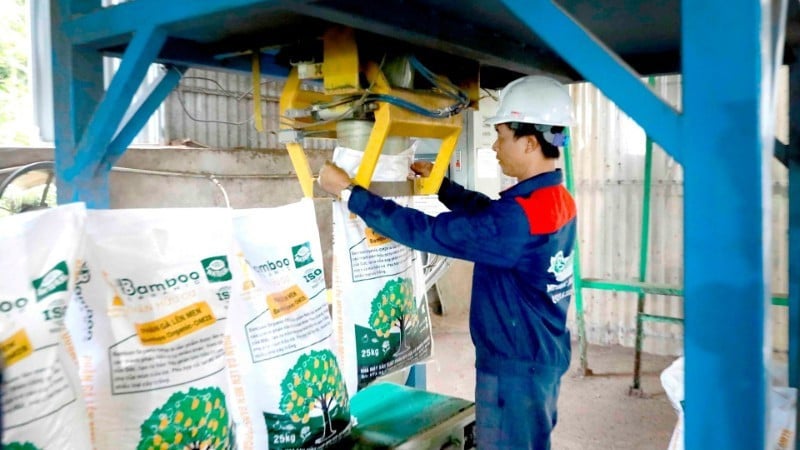
Previously, according to the Law amending the Laws on Taxes No. 71/2014/QH13, effective from January 1, 2015, fertilizer is a commodity not subject to output value added tax; accordingly, input value added tax such as raw materials, machinery, equipment, services, etc. is not refundable. For more than 10 years, businesses have had to calculate this tax into the cost of selling prices of products, causing fertilizer prices to increase, making it difficult for domestic products to compete in price with imported fertilizer products of the same type.
The application of a 5% value added tax rate on fertilizers this time is expected to create many positive impacts for the fertilizer industry in particular and the agricultural sector in general. According to economic experts, the cost of input materials such as machinery, supplies, production equipment, services, etc. often accounts for a large proportion of the total production and business costs of fertilizer enterprises, ranging from 50% to 80%. When fertilizer products are subject to an output VAT of 5%, these input VAT amounts will be refunded, helping to significantly reduce production costs for enterprises, thereby increasing the competitive advantage of domestically produced fertilizer products.
On the other hand, with the previous policy of not imposing value-added tax, imported fertilizers have a greater advantage over domestically produced fertilizers of the same type. However, when the Law on Value-Added Tax 2024 comes into effect, imported fertilizers will be subject to 5% value-added tax. Economic experts believe that in the context of the selling price of domestically produced fertilizers having room to decrease, it will affect the selling price of imported fertilizers. This competition will bring positive benefits to farmers.
Fertilizer industry is facing a major turning point. By the end of June, the country had nearly 800 fertilizer production facilities, but most of the factories were old and had average production technology. When deducting input value-added tax on capital, materials, machinery and equipment, fertilizer production enterprises need to seize the opportunity to increase investment in research, innovate production technology, and develop high-tech fertilizers, contributing to increasing productivity and quality of agricultural products.
Currently, domestically produced fertilizers account for more than 70% of the market, while imported fertilizers account for less than 30% of the market. With the advantages of applying a 5% value-added tax rate, domestic fertilizer manufacturers need to quickly dominate and lead the fertilizer market. In the event that input material prices on the market remain stable and production costs are reduced, businesses need to consider reducing fertilizer product prices soon, ensuring the harmony of interests between businesses and users (farmers) from the new tax policy.
Source: https://baoquangninh.vn/nam-bat-thoi-co-tu-chinh-sach-thue-3367866.html







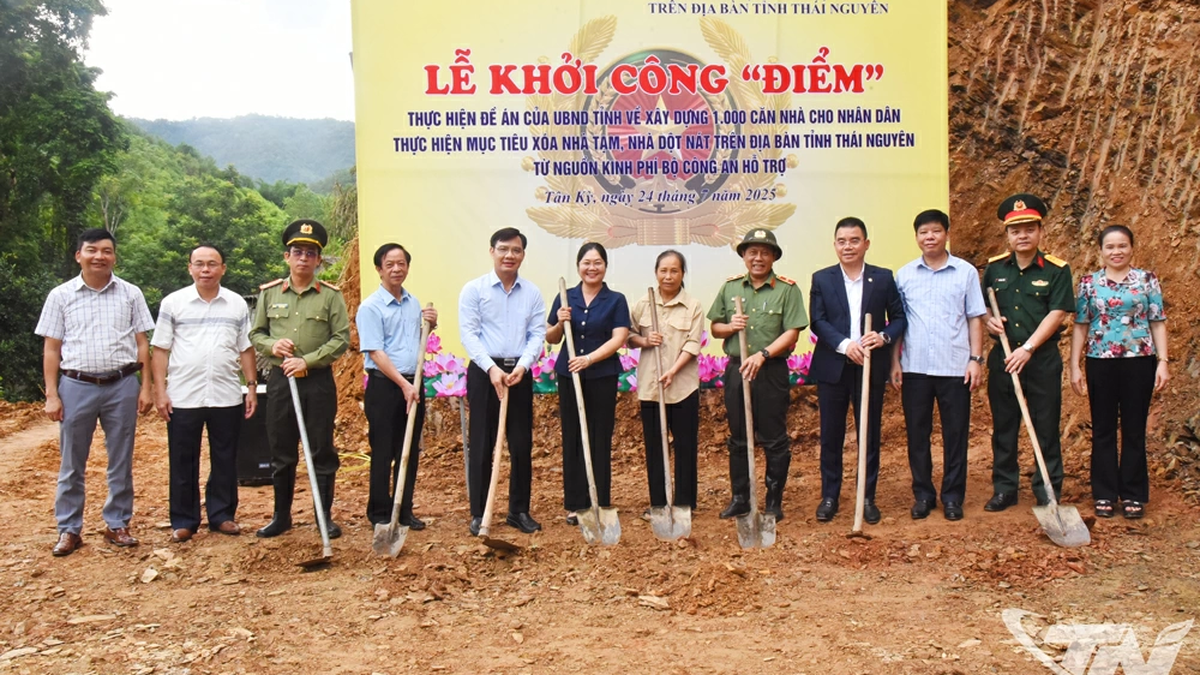
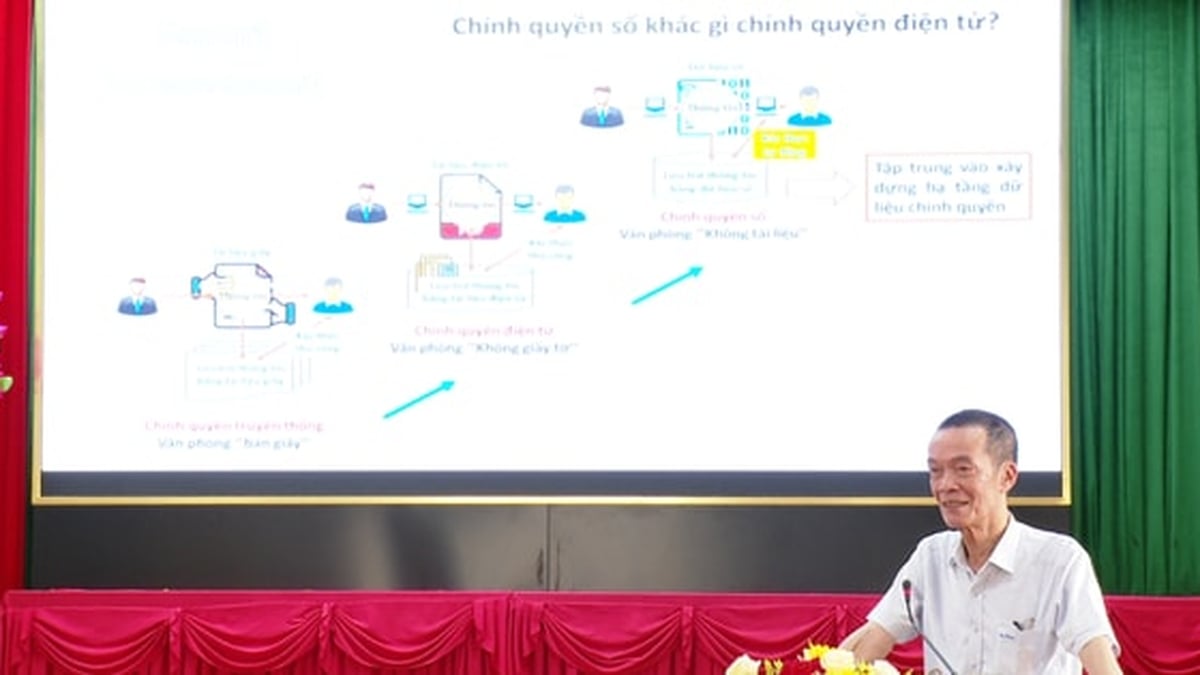
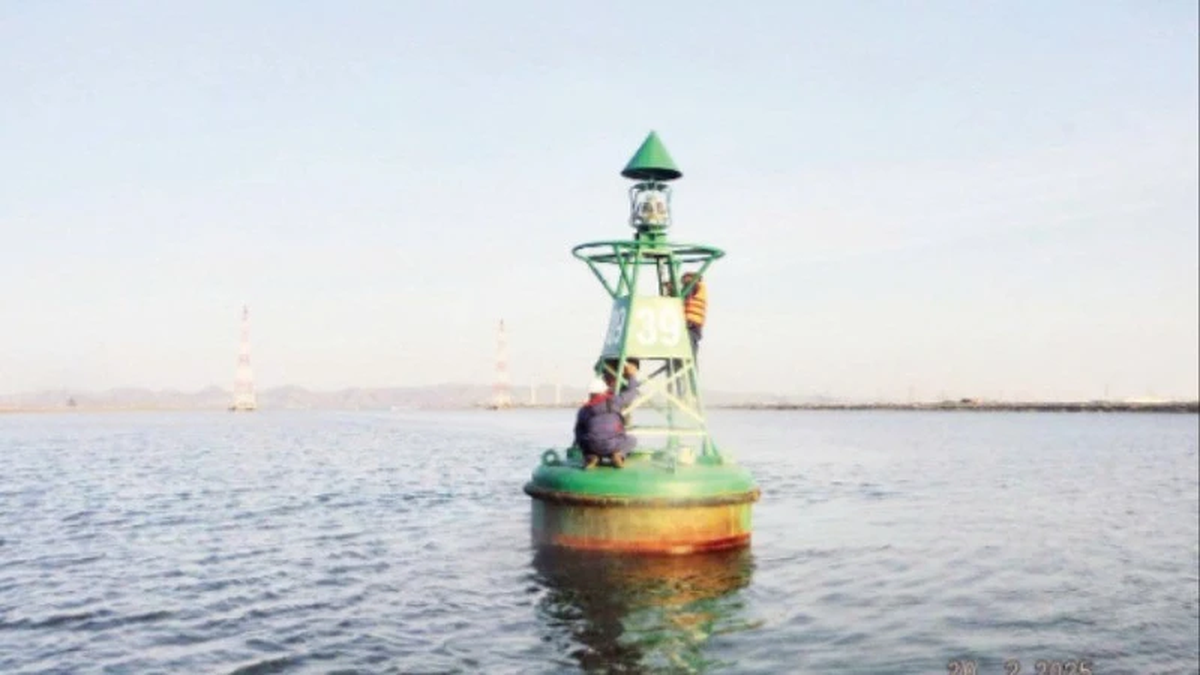

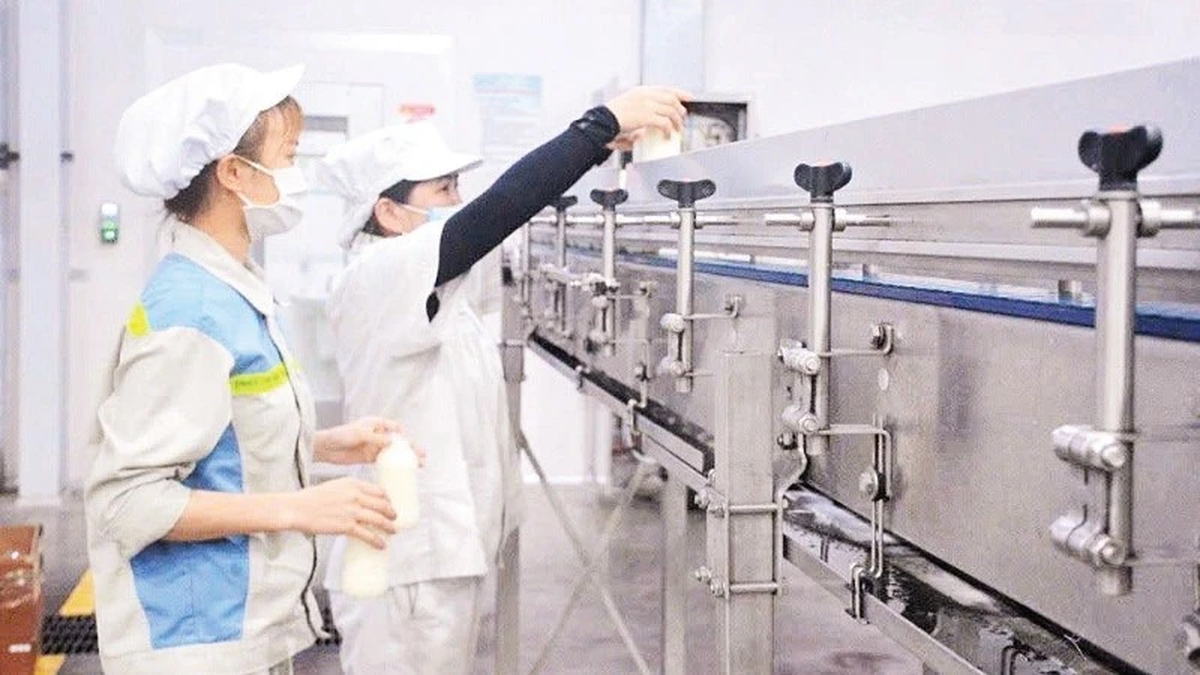































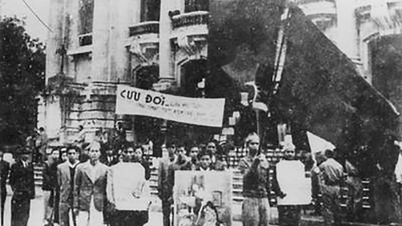
























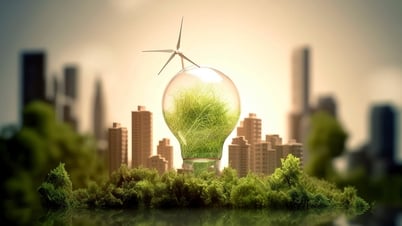
![[Photo] National Assembly Chairman Tran Thanh Man receives Chairman of Morocco-Vietnam Friendship Association](https://vphoto.vietnam.vn/thumb/402x226/vietnam/resource/IMAGE/2025/7/26/b5fb486562044db9a5e95efb6dc6a263)
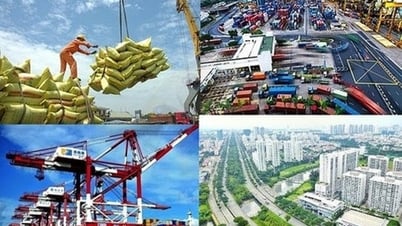

































Comment (0)